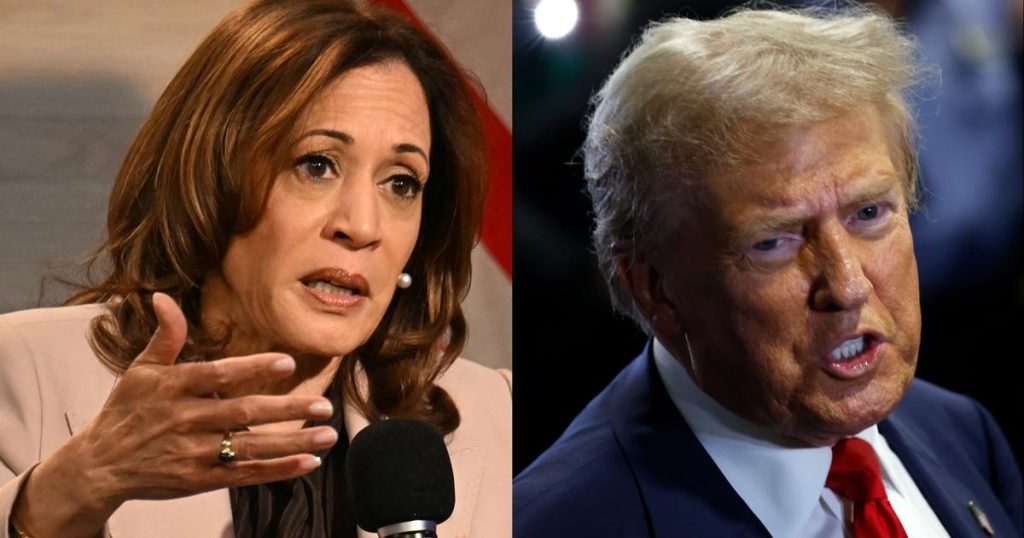Vice President Kamala Harris and former President Donald Trump have differing views on health care policy in America, with Harris supporting government-backed health insurance and Trump seeking to replace Obamacare. In the 2024 presidential election, health care has not been as prominent of an issue as in previous campaigns, with both candidates focusing on other areas of policy. Harris has backed away from single-payer health care, despite initially supporting Bernie Sanders’ “Medicare for All” bill. She released a health care plan in 2019 that allowed private insurers to offer Medicare plans, while Trump has criticized her past support for government-run health care.
Trump often criticizes Harris on the campaign trail for her previous backing of “Medicare for All”, accusing her of wanting to force everyone onto government-run health care. Harris, however, has clarified that she supports private health care options and intends to maintain and grow the Affordable Care Act if she becomes president. Trump has claimed to have “concepts” of a health care plan and wants to replace Obamacare with something he believes is better and less expensive. Despite his promises to repeal Obamacare, Trump struggled to come up with a concrete health care plan during his presidency.
While in office, Trump and Republicans attempted to repeal or weaken the Affordable Care Act in various ways, including asking the Supreme Court to overturn it in 2020. They also suspended risk adjustment payments to insurers and shortened the enrollment period for the federal healthcare exchange. Harris, on the other hand, supports Joe Biden’s crackdown on pharmaceutical companies and has advocated for the negotiation of drug prices under Medicare. She has also called for more extensive measures to tackle rising drug costs and insurance middlemen.
One area of contention between Trump and some Republicans in Congress is the issue of mandating coverage for in vitro fertilization (IVF) through government funding or private insurance. Trump has expressed support for IVF coverage, while some Republicans believe coverage should not be mandated but rather made accessible and affordable. Senate Republicans have rejected legislation that would require insurance companies to cover fertility care, with only a few supporting the measure. States have varying laws on IVF coverage, with more than a dozen already mandating coverage in some capacity.
Overall, the differences in health care policy between Kamala Harris and Donald Trump reflect broader debates within the political landscape on issues like government involvement in health care, drug pricing, and fertility care coverage. Their contrasting positions on these topics will likely continue to be points of discussion and contention in the 2024 presidential election and beyond.


